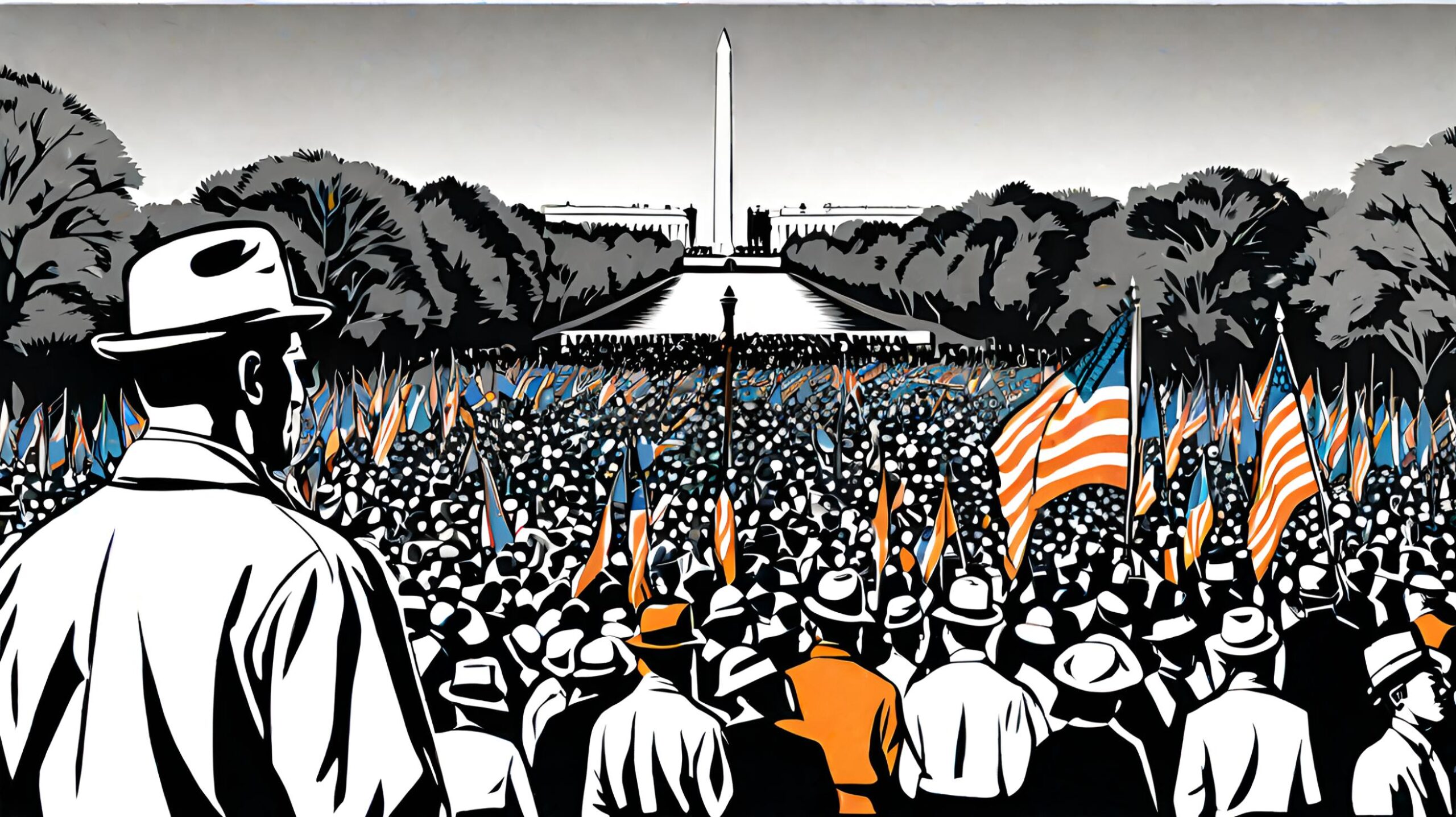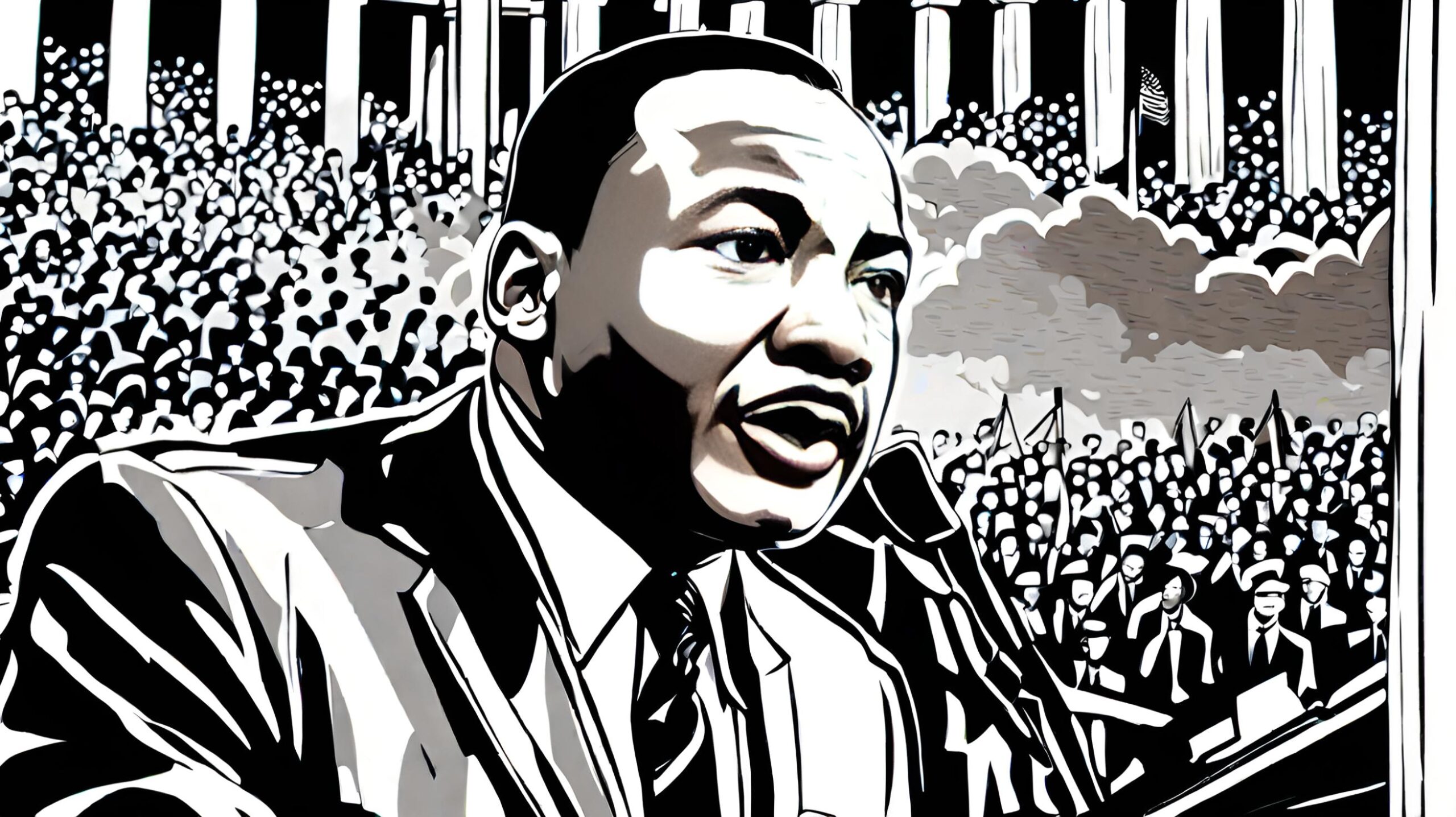Flashback to August 28
American History

On the historical day of August 28, 1981, a dramatic event unfolded that captured the world’s attention. John Hinckley Jr., a name not well-known prior to the incident, would hog the headlines as he stood in court pleading innocent to the attempted assassination of the US President Ronald Reagan.
To recap the event, Hinckley purportedly aimed to kill Ronald Reagan outside the Washington Hilton Hotel on March 30, 1981. The shoot-out left Reagan and three others injured, marking an unprecedented attack on a serving US President. Hinckley later was captured and charged. However, he made an unexpected move when he pleaded innocent to the shocking charges.
When looking at the historical incident, the importance of it cannot be overstated. It was an event that tested the strength of US security measures and demonstrated the country’s commitment to law and order. It also invoked a wave of public sentiment in favor of the President and his administration.
Hinckley’s plea of innocence revolved around the argument of being legally insane at the time of the incident. According to his defense team, Hinckley suffered from a mental disease or defect, which made him incapable of understanding the illegality and consequences of his act. This argument, while highly controversial, served as a testament to the complexities and nuances of the law, especially when assessing criminal culpability.
Hinckley’s trial drove home the relevance and significance of mental health evaluations in criminal proceedings. It raised questions about the legal definition of insanity, to what extent it can or should shield an individual from criminal responsibility, and how it can be evaluated in a court of law.
The wide-reaching details of the incident were devoured by a global audience, making it a landmark event in US history. Hinckley, who was a colorless character before March 30, became a recognized figure for his audacious attack on the President. His plea of innocence only further amplified his growing notoriety.
Importantly, the case demonstrated the power of the judicial system in balancing the need for societal protection with the rights of the accused. Despite the public fervor that surrounded the case, the court maintained its impartiality, underscoring the efficacy of US legal structures.
Speaking of societal protection, the event fueled extensive discussions about gun control and security measures. These conversations, triggered by the assassination attempt, eventually influenced the tightening of gun laws, reflecting the importance and impact of such game-changing historical events.
Moreover, the case presented an interesting juncture where law and psychiatry intersects. By citing mental illness as an offset for criminal activities, the defense brought forth unprecedented arguments that continue to shape discussions around criminal law today. It also spotlighted the need for adequate mental health support and intervention.
when John Hinckley Jr pleaded innocent to the attempt to kill US President Ronald Reagan, the event set off waves of repercussions ranging from legal debates to changes in gun control. Powerful in its implications, the incident remains an integral part of discussions and analyses in related fields.
This event was not just a historical incident, but also a landmark case for criminal law, psychiatric evaluations, and societal protection mechanisms in the US. Its repercussions are still felt, and its legacy remains etched in various spheres, emphasizing its gripping significance in contemporary society. Despite the passage of decades, the case of John Hinckley Jr remains an intriguing study for its unique circumstances and far-reaching implications.
We strive for accuracy. If you see something that doesn't look right, click here to contact us!
Sponsored Content

200,000 demonstrate for equal…
"An historic event took…

Martin Luther King, Jr.…
On August 28, 1963,…

First known photograph of…
"Experience the remarkable tale…

A drunk motorman speeds…
Experiencing one of its…

Riots in Chicago, Illinois,…
Explore the dramatic unfolding…

John Hinckley Jr pleads…
"On August 28, 1981,…

